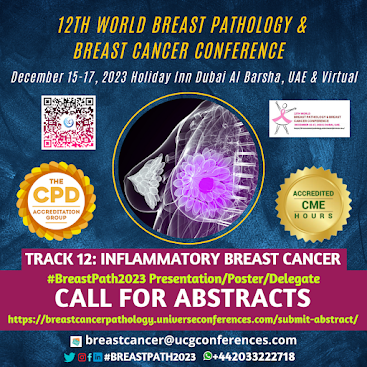عوامل خطر الإصابة بسرطان الثدي: مناقشة العوامل التي يمكن أن تزيد من خطر إصابة الشخص بسرطان الثدي، مثل العمر والتاريخ العائلي والطفرات الجينية (BRCA1/BRCA2) ، والعوامل الهرمونية، واختيارات نمط الحياة.

بالتأكيد، سأكون سعيدًا بمناقشة عوامل الخطر المختلفة المرتبطة بسرطان الثدي. العمر: يزداد خطر الإصابة بسرطان الثدي مع تقدم العمر. غالبية حالات سرطان الثدي تحدث لدى النساء فوق سن الخمسين. تاريخ العائلة: الأفراد الذين لديهم أقارب مقربين (مثل الأم أو الأخت أو الابنة) الذين أصيبوا بسرطان الثدي هم أكثر عرضة للخطر. ويزداد هذا الخطر بشكل أكبر إذا أصيب قريب مصاب بسرطان الثدي في سن مبكرة أو إذا أصيب العديد من https://breastcancerpathology.universeconferences.com/registration/ الأقارب المقربين. الطفرات الجينية (BRCA1/BRCA2): الطفرات في جينات BRCA1 وBRCA2 تزيد بشكل كبير من خطر الإصابة بسرطان الثدي والمبيض. تنتج هذه الجينات عادةً بروتينات تساعد على تثبيط نمو الخلايا وإصلاح الحمض النووي. وعندما تتحور هذه الخلايا، يرتفع خطر نمو الخلايا غير المنضبط وتطور السرطان. التعرض للإستروجين: التعرض لفترات طويلة لهرمون الاستروجين هو عامل خطر. يمكن أن يكون هذا بسبب عوامل مثل بداية الدورة الشهرية المبكرة (قبل سن 12 عامًا) ، بداية انقطاع الطمث المتأخر (بعد سن 55) ، أو استخ...

